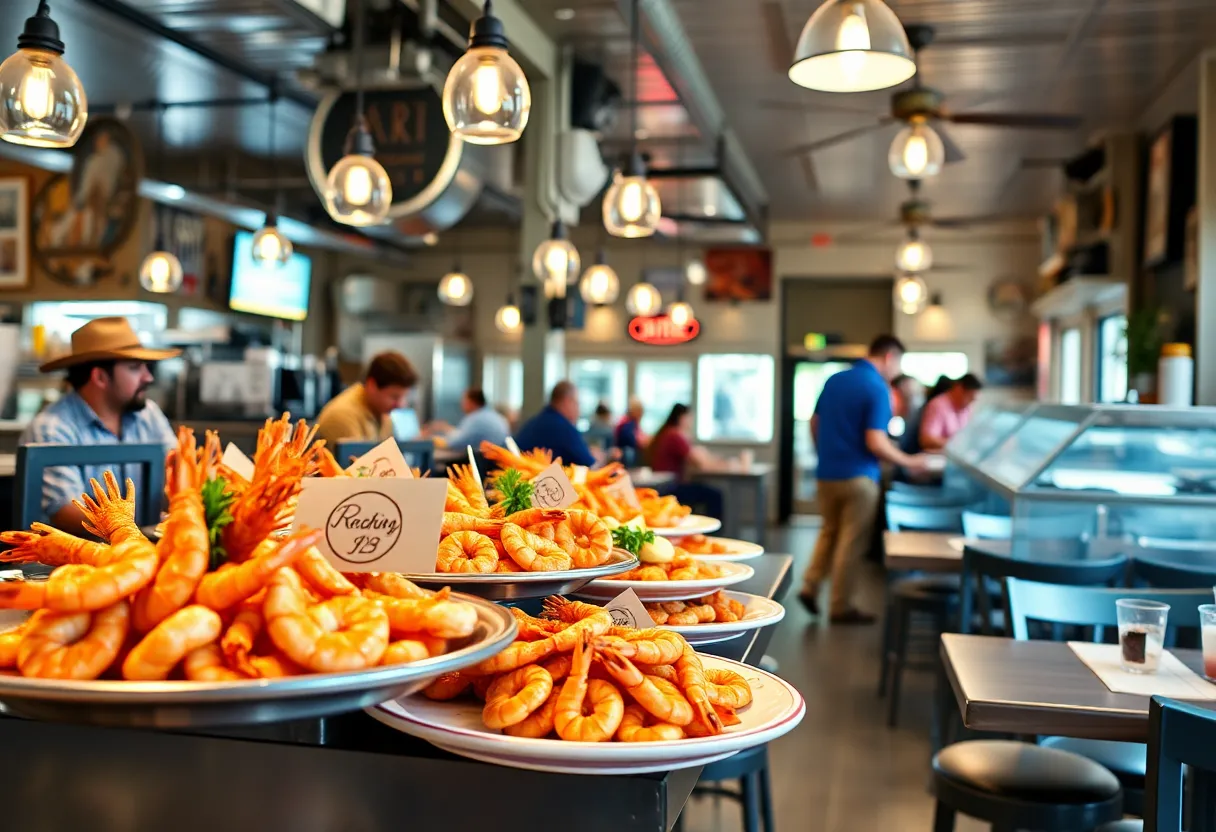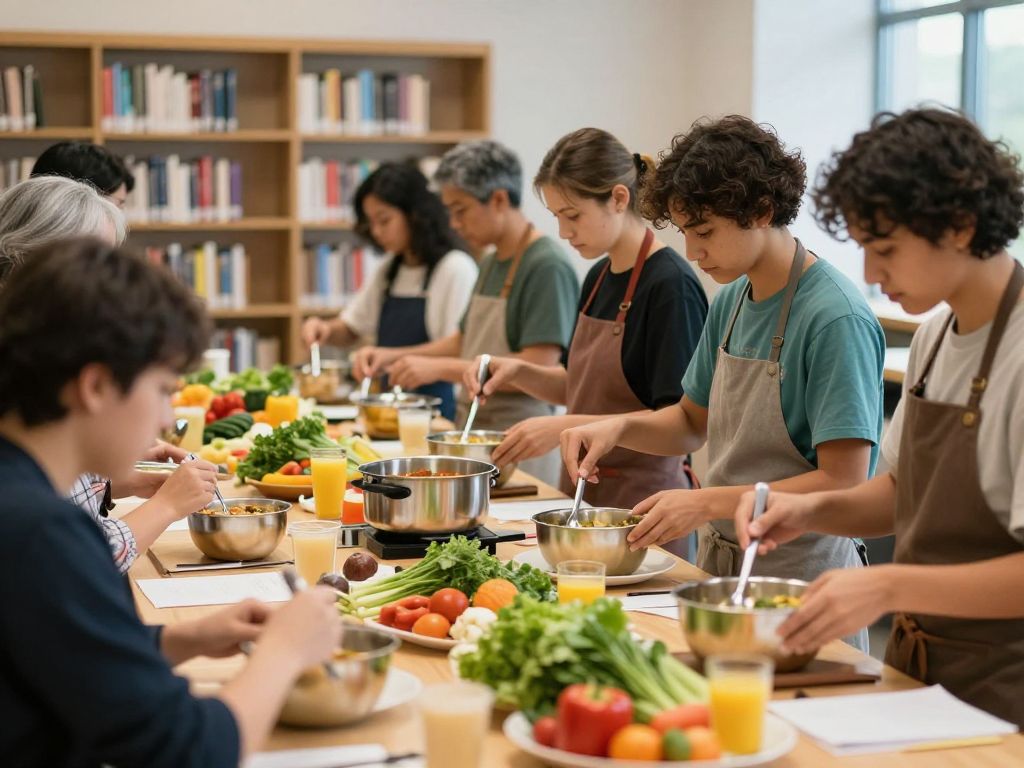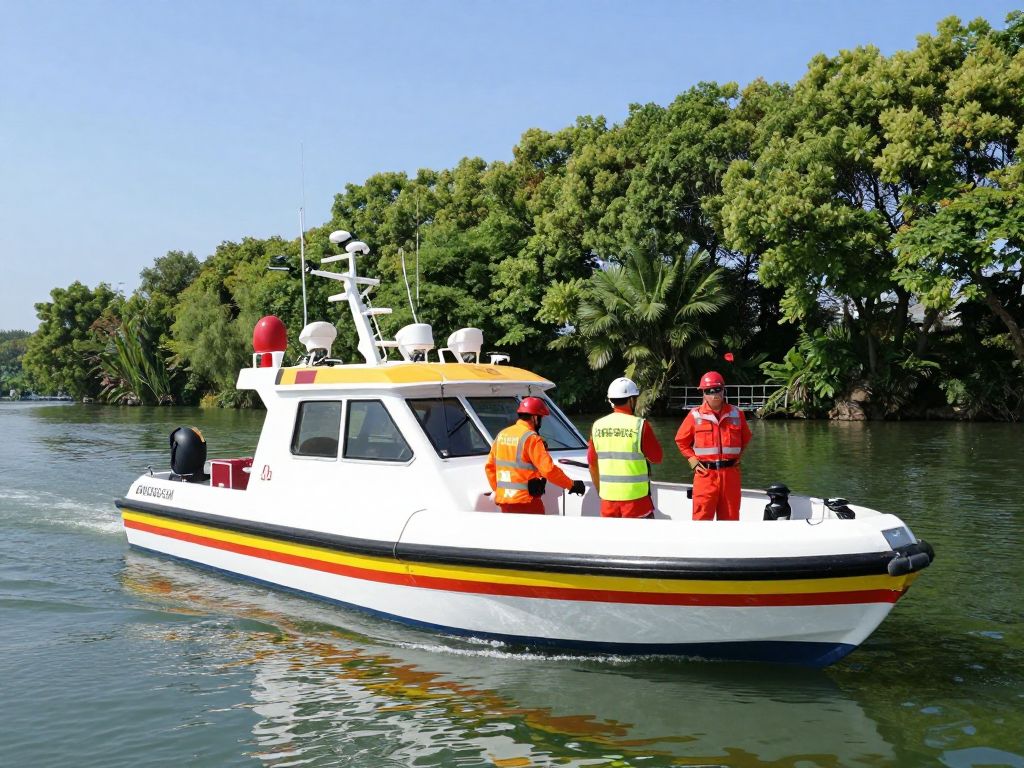News Summary
A recent investigation by the Southern Shrimp Alliance revealed that 90% of restaurants in Charleston are serving imported shrimp instead of locally sourced varieties. Only four establishments were found to serve authentic South Carolina wild-caught shrimp. The investigation highlights deceptive practices among restaurants, raising concerns about the local shrimping industry and the need for labeling laws in South Carolina to protect consumers. Community reactions emphasize the demand for transparency in seafood sourcing to support local economies.
Charleston – A recent investigation revealed that a staggering 90% of restaurants in Charleston are selling imported shrimp instead of locally sourced or wild-caught varieties. The Southern Shrimp Alliance conducted this investigation in partnership with SEAD Consulting, which performed genetic testing on shrimp dishes from 44 local restaurants between May 19 and May 22, 2025.
Out of the restaurants tested, only four were found to be serving authentic South Carolina wild-caught shrimp. These establishments include Rappahannock Oyster Bar, Acme Lowcountry Kitchen, Grace & Grit, and Coosaw Crab Shack. The remaining 40 establishments sold imported shrimp, misleading consumers through questionable menu descriptions and branding.
Of these 40 establishments, 25 were classified as “outright fraudulent” for advertising local shrimp while actually serving imported alternatives. This practice is not only deceptive but poses a significant threat to the local shrimping industry as well. As less scrutiny is applied to imported shrimp compared to U.S. harvested shrimp, this has raised concerns about the welfare of local shrimpers who depend on consumer trust and demand for their products.
The Southern Shrimp Alliance has indicated that they will be sending letters to the offending restaurants urging them to either switch to domestic sourcing or modify their menus to accurately reflect the source of their shrimp. In addition, the Alliance plans to conduct follow-up testing to ensure that local restaurants comply with sourcing claims.
A notable factor contributing to this issue is the absence of restaurant labeling laws in South Carolina. States with established labeling regulations have reported significantly lower rates of seafood inauthenticity, highlighting a critical gap in consumer protection. Without such laws, diners are left vulnerable to misinformation regarding the origin of their food.
Further complicating matters, the Federal Trade Commission (FTC) has stated that misrepresenting the origins of seafood is both misleading and illegal. The FTC has warned that it may initiate investigations if credible reports of violations arise. The results of this investigation underscore a persistent problem that restaurant owners in coastal states need to address, calling for lawmakers to implement changes that enhance seafood labeling transparency.
Interestingly, Charleston’s statistics expose a troubling trend in comparison to other regions; the city ranks closely behind Tampa, Florida, which has a 95% misrepresentation rate in shrimp sourcing. With Charleston’s rate sitting at 90%, it signals that this issue may be more widespread than previously realized.
Community reaction to the findings has been one of shock and disappointment. Many local residents and consumers are now calling for increased awareness and accountability among restaurants. Advocates stress the importance of honest marketing practices, encouraging consumers to be informed about the origins of their seafood.
This investigation serves as a wake-up call for both diners and restaurant owners. By demanding transparency regarding shrimp sourcing, consumers can help bolster the local fishing industry and ensure that they are receiving authentic seafood that supports sustainable practices.
The Southern Shrimp Alliance’s findings should prompt a deep examination of restaurant sourcing practices as well as legislative action to improve transparency in the seafood industry. As the local shrimping community faces mounting pressures from imported products, it is crucial for Charleston diners to make informed decisions to support their local economy.
Deeper Dive: News & Info About This Topic
HERE Resources
Challenges in Charleston’s Shrimp Trawling Season
Oregon Lawyers Challenge Trump’s Tariff Policies in Portland
South Carolina Shrimpers Push for Tariffs Amid Struggles
South Carolina Shrimp Industry Sees New Hope with Tariffs
South Carolina Shrimper Celebrates Tariffs as a Boon for the Fishing Industry
Additional Resources
- ABC News 4
- Live 5 News
- Post and Courier
- Count On 2
- Post and Courier
- Wikipedia: Shrimp
- Google Search: South Carolina shrimp scandal
- Google Scholar: Shrimp sourcing transparency
- Encyclopedia Britannica: Sea fishing
- Google News: Shrimp restaurant scandal

Author: STAFF HERE CHARLESTON
The CHARLESTON STAFF WRITER represents the experienced team at HEREcharleston.com, your go-to source for actionable local news and information in Charleston, Charleston County, and beyond. Specializing in "news you can use," we cover essential topics like product reviews for personal and business needs, local business directories, politics, real estate trends, neighborhood insights, and state news affecting the area—with deep expertise drawn from years of dedicated reporting and strong community input, including local press releases and business updates. We deliver top reporting on high-value events such as the Spoleto Festival USA, Charleston Wine + Food Festival, and the MOJA Festival. Our coverage extends to key organizations like the Charleston Metro Chamber of Commerce and the Charleston Museum, plus leading businesses in tourism and maritime industries that power the local economy such as South Carolina Ports Authority and the Charleston Visitor Center. As part of the broader HERE network, including HEREaiken.com, HEREbeaufort.com, HEREchapin.com, HEREcharleston.com, HEREclinton.com, HEREcolumbia.com, HEREgeorgetown.com, HEREgreenwood.com, HEREgreenville.com, HEREhiltonhead.com, HEREirmo.com, HEREmyrtlebeach.com, HEREnewberry.com, HERErockhill.com, HEREspartanburg.com, HEREaustin.com, HEREcollegestation.com, HEREdallas.com, HEREhouston.com, and HEREsanantonio.com, we provide comprehensive, credible insights into South Carolina's dynamic landscape.





